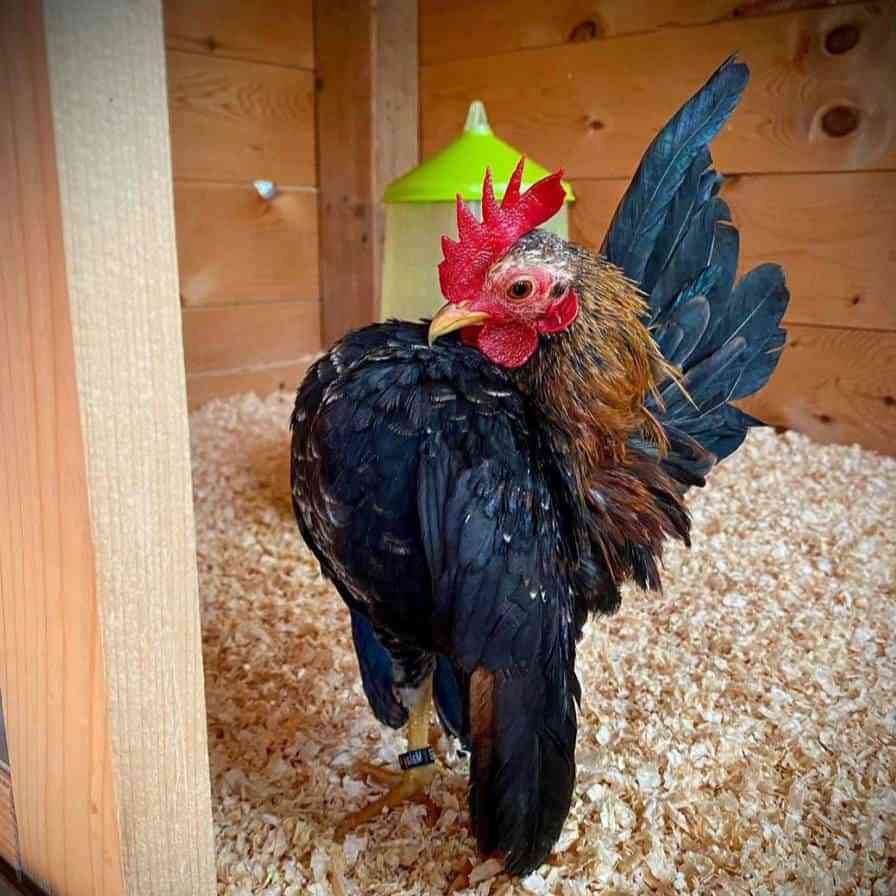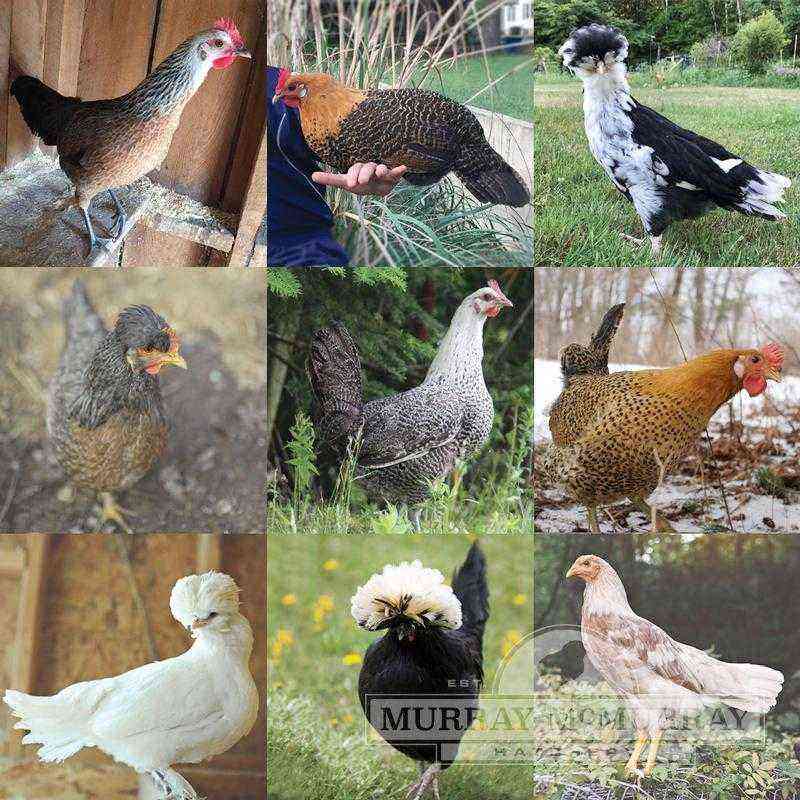Sometimes poultry farmers are faced with the appearance of a runny nose in their chickens. Some owners do not pay any attention to this. And this can lead to serious complications and death of feathered pets. In fact, a runny nose can be infectious, otherwise this disease is called hemophilia.
This disease is very dangerous. It affects the respiratory tract of the bird, has a negative effect on the conjunctiva and subcutaneous tissue of the head in the face area. If left untreated, chickens can develop tubercles in their intestines, spleen, and liver.
The causative agent of the disease is the bacterium Gemmophilus gallinarium. She is motionless, but, nevertheless, very tenacious. In the aquatic environment, the bacterium can exist for up to seven months; in the ground and chicken feces, it can live for a whole year. Infection carriers are sick chickens, they transmit bacteria through water in drinkers, feed in feeders, bedding and even eggs. First of all, weak individuals become infected with hemophilia, but the disease of strong, healthy birds is not excluded.
The disease manifests itself already on the third or fifth day after infection. The first symptoms are a runny nose – a constant discharge of a clear liquid from the nostrils. After a few days, the liquid thickens, clogs the nostrils, and it becomes difficult for the chickens to breathe. At about the same time, the bird loses its appetite, practically does not approach the feeder, reduces egg production, becomes exhausted, which can lead to death. In addition, the skin of feathered pets turns yellow, and the earrings and comb turn pale and wrinkle. Some sick individuals may limp slightly, which should also not be overlooked.
Chickens infected with hemophilia can live for quite a long time, spreading the infection throughout the coop and to their feathered neighbors, such as turkeys.
In the home courtyard, the most effective will be the individual treatment of each sick individual. First of all, you need to clean the nostrils of feathered pets from the dried crust with a solution of furacilin, tetracycline or ordinary tea brewing. After that, it is necessary to drip streptomycin or penicillin into the nostrils with a syringe. In advanced cases, treatment is useless and ineffective. It is better to get rid of sick individuals and thoroughly disinfect the house.
It is possible to prevent the appearance and spread of hemophilia by maintaining the cleanliness and temperature conditions in the chicken coop, providing feathered pets with complete, balanced, nutritious feed, full of vitamins and minerals.








































